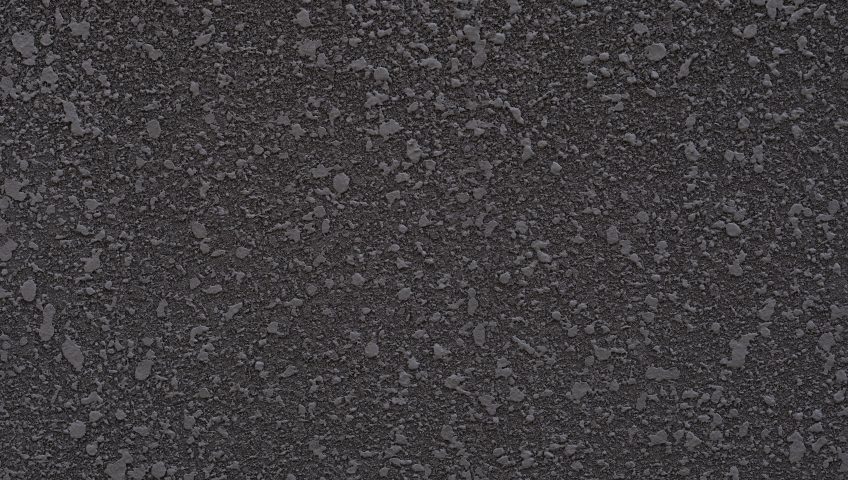The difference between asphalt and tarmac is a simple question of adhesive material. Tarmac or tarmacadam contains tar while asphalt roads contain bitumen ‒ a highly viscous form of petroleum.
These two materials are often considered the same and while there are many similarities in how they are made and for what they are used, it is important to understand the differences. If you understand the difference between tarmac and asphalt, you will have a better starting point when choosing the perfect material for your driveway.
What Makes Tarmacadam Driveways?
You get tarmacadam when you coat and mix crushed stones with tar. Tar is a dark-brown or black viscous liquid we get from organic materials through a chemical process called destructive distillation.
Tar was used as a seal for roofs and boats since ancient times and we only continued to use it with modern processing techniques to build roads and driveways. Tarmacadam driveways get their name and durability from tar.
Once you lay tarmacadam on the surfacing area, you can use a vibrating roller to compact and smooth the surface. The result is a beautiful and cost-effective driveway.
Probably the greatest benefits tar can offer are the low prices and the ease of maintenance. Tarmacadam driveways are easily cleaned and sealed and if you maintain them regularly, they can last you quite a few decades.
And What Makes an Asphalt Driveway?
Asphalt is actually another name for bitumen, a highly viscous form of petroleum. When you mix asphalt with crushed stones similar to the ones used in tarmacadam, you get asphalt concrete ‒ a material used to lay large roads, parking lots, and driveways. In day-to-day conversation, we often simplify asphalt concrete to just asphalt.
In contrast to tarmacadam driveways, asphalt concrete is best used for large areas. While you could use asphalt for a smaller parkway, this would increase the price and installation time and you would hardly notice the benefits.
But asphalt concrete does offer some benefits. The benefits come from the superiority of bitumen compared to tar. You can think of bitumen as a modern, stronger, and more flexible version of tar.
It looks and feels almost exactly the same but it offers more flexibility and it behaves better during the freezing and thawing processes in below-zero temperatures.
Tarmacadam Driveways Contain Tar
You just learned that the difference between asphalt concrete and tarmacadam driveways is only slight. But because tarmacadam driveways contain tar, they are highly weather-resistant, cost-effective, require low maintenance, and permeable ‒ water can easily drain through them.
In essence, tarmacadam driveways are a great choice for the Irish weather.
Maybe this information helped you decide on a material for your driveway. But if you still have questions or you know what you want and you are looking for tarmacadam driveway contractors, send us an email or give us a call on 045 896 261 / 00353 87 257 0867 and we will help you in whatever way we can.

